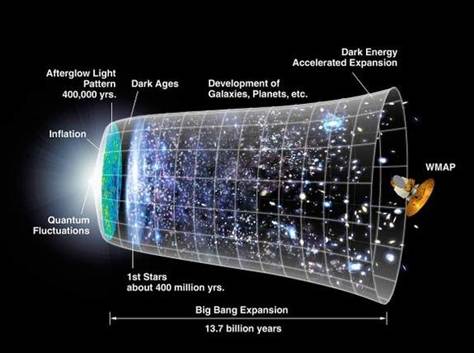What is Evil?
We’ve been having a very spirited debate between atheists and Christians on this blog on another thread that has arrived at a fundamental question. What is evil? Specifically, what is evil ontologically?
In order to get the discussion going, I’ll offer an insight from Augustine. He said that evil was not a thing in itself, but a lack in good. Evil is like rot in a tree; if you take away all the rot you have a better tree, but if you take away all the tree you have nothing. We could say that evil is like rust in a car. You take away all the rust and you have a better car. But if you take away all the car, you have nothing.
If Augustine is correct, then an ultimate being (i.e. God) could not be evil because evil is not a thing in itself. It only exists as a kind of parasite in a good thing.
I appreciate your comments and respectful dialogue.


Leave a Reply
Want to join the discussion?Feel free to contribute!